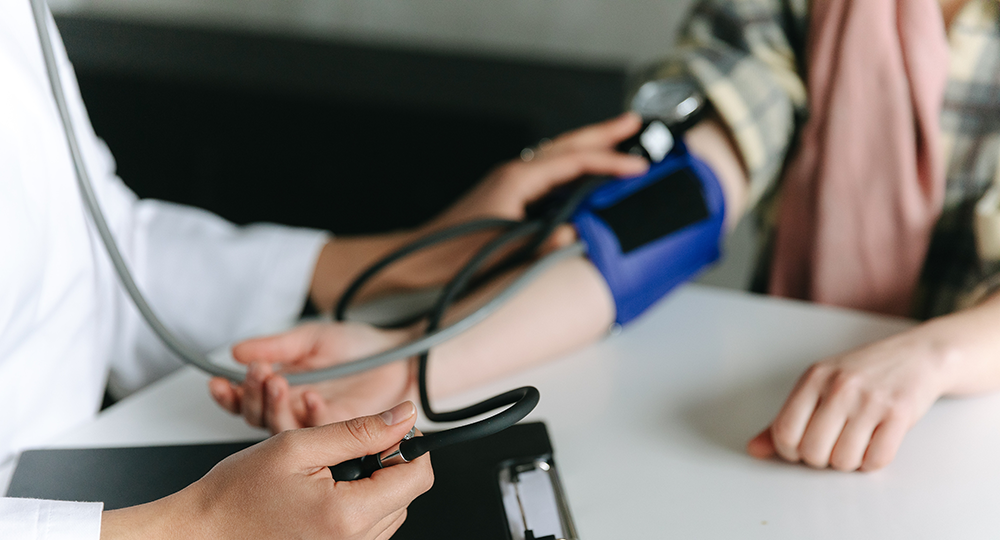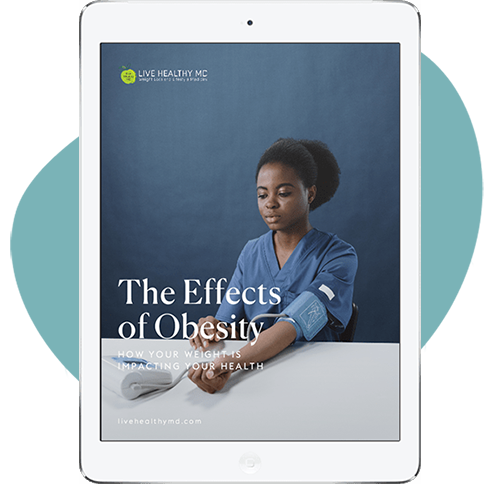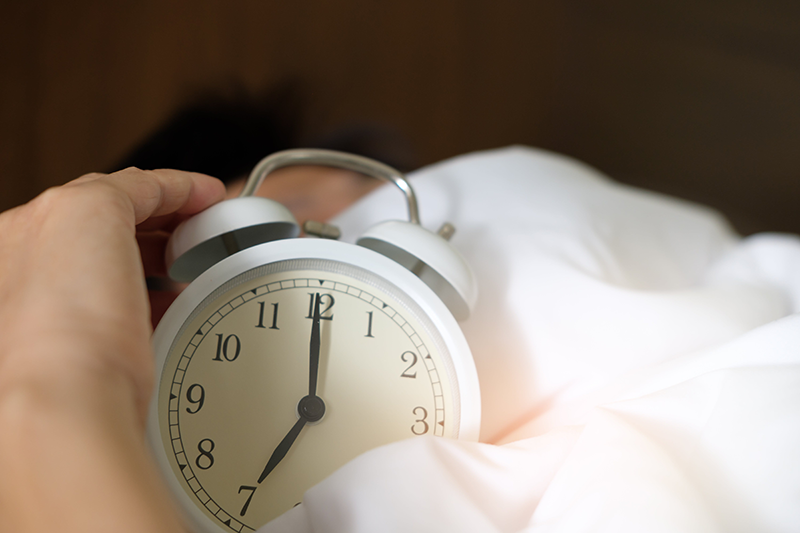
There is a strong link between obesity and hypertension. Many studies have related obesity and hypertension, placing patients at an increased risk of long-term health effects.
Essential hypertension is a type of high blood pressure resulting from lifestyle habits, not a medical condition. Essential hypertension is often caused by obesity and an unhealthy lifestyle. Hypertension is the medical term for unusually high blood pressure—the force exerted on the blood vessel walls. When you have hypertension, there is a lot of force against the blood vessel walls. The more blood the heart pumps and the smaller the arteries are, the greater the blood pressure is.
Normal blood pressure is 120 over 80. The top number (120 in this case) is the pressure the blood places on the artery walls when the heart is beating. Ideally, you want this number to be less than 130. The lower number (80) is the blood pressure on the artery walls between heartbeats. Hypertension happens when the blood pressure is greater than 140 over 90. The good news is that with medications and lifestyle changes, this condition is reversible.
The Link Between Obesity and Hypertension
A 5% increase in weight can lead to a 30% increase in the risk of hypertension. Many theories link obesity and hypertension as a result of the kidneys not functioning properly since the kidneys play an important role in filtering the blood. The heavier a person is, the less effective their kidneys are at removing excess waste and liquid from the bloodstream, ultimately leading to the buildup of waste in the body. Similarly, hormones designed to regulate blood pressure are not secreted when the kidneys do not function properly.
Signs and Symptoms of Hypertension
Hypertension is known as the “silent killer” because there are no evident symptoms unless it is a severe form. Thus, it is essential to be regularly seen by your physician to understand your blood pressure numbers.
Nonetheless, there are a few symptoms to be wary of if you believe you might have hypertension.
- Severe headaches
- Nosebleed
- Fatigue or confusion
- Vision problems
- Chest pain
- Difficulty breathing
- Irregular heartbeat
- Blood in the urine
- Pounding in your chest, neck, or ears
4 Tips to Help Manage Hypertension
The best recommendation for managing hypertension is to lose weight through a controlled diet and exercise program.
1. Lose weight
Losing weight means eating a healthy diet and engaging in regular physical activity. The DASH diet is an excellent approach to managing hypertension from a dietary standpoint. The main goal of the DASH diet is to lower your blood pressure. The DASH diet encourages the intake of potassium, calcium, protein, and fibrous foods to help reduce blood pressure. It also focuses on reducing intake of sodium, added sugars, and high-fat foods, which can all cause high blood pressure to worsen or even develop in the first place.
2. Limit alcohol consumption
Regularly consuming alcohol will increase your blood pressure and could lead to an increased risk of hypertension. After bariatric surgery, we would like you not to drink at all. However, if you do, please drink in moderation.
3. Manage stress levels
Physicians are still trying to understand the link between stress and hypertension; however, in most cases, stress leads to bad lifestyle habits such as eating unhealthy foods and consuming excess alcohol.
4. Take medications
Sometimes, your physician may require you to be on medications to manage your hypertension (antihypertensives). The different types of hypertension medications include ACE inhibitors, low-dose diuretics (12.5 to 25 mg of hydrochlorothiazide per day), and calcium channel blockers.
In most cases, when a patient loses weight, their blood pressure will return to normal levels, and they can stop their antihypertensive medications.












